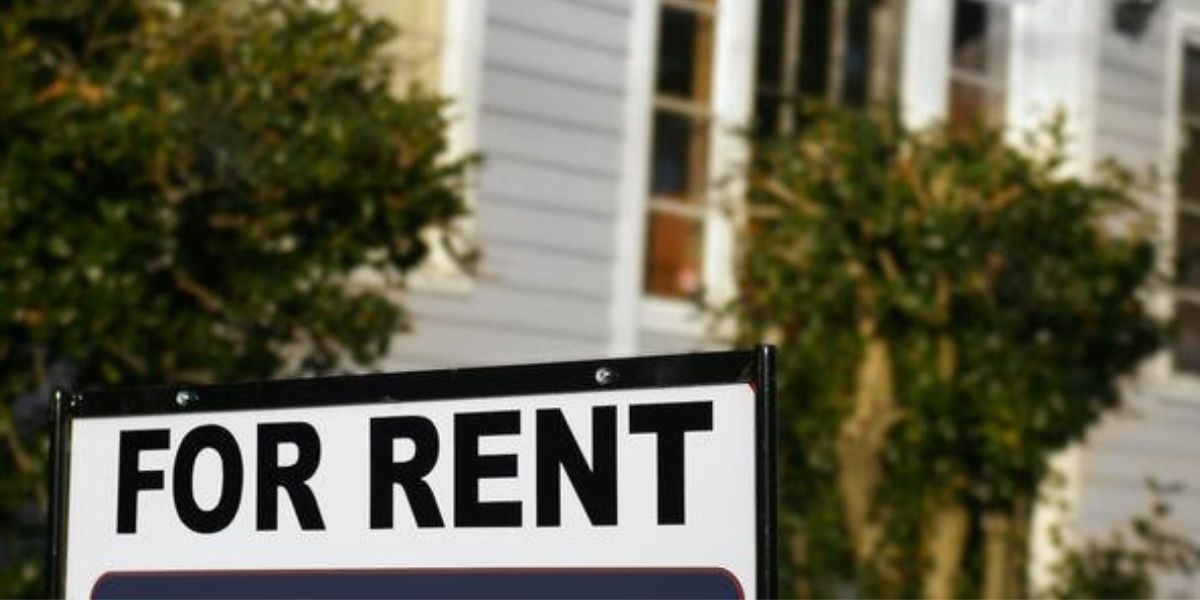On Monday, Georgia’s renters received more legal safeguards, bringing the state up to date on the power dynamics between landlords and tenants after decades of lagging behind.
Gov. Brian Kemp signed House Bill 404 into law on Monday, requiring landlords to furnish rental properties that are “fit for human habitability.”
When the law formally goes into effect on July 1, tenants will finally have some teeth to their complaints to code enforcement or even in a court of law if landlords refuse to make the necessary improvements.
The state will refer to the current Georgia health code to offer a definition for that.
“It’s absolutely ridiculous that we have to have this as public policy and legislation,” Atlanta’s Housing Justice League executive director Alison Johnson stated.
Apart from their routine tasks, Johnson and her team have been assisting residents of the now-demolished Forest Cove apartment building in southeast Atlanta for the past few years.
The frequently violent Forest Cove flats, which had collapsing walls and floors, rat infestations, and, in certain cases, no running water or electricity, were shut down in 2023.
The General Assembly became increasingly eager to enact rental protections after seeing the bleak photos from the complex.
“Without Forest Cove and many other participants, (HB) 404 doesn’t exist right now,” Johnson stated. “Now that there are measures and processes in place, (tenants) are now able to hold landlords accountable. There’s more visibility around these issues. Because again, there are many more Forest Coves in the City of Atlanta and in the state of Georgia to be clear.”
The measure also includes other significant protections, such as a grace period for renters who are unable to pay their rent. Landlords must now wait three days following the due date before submitting an eviction request to the court. In addition, it sets a two-month rent cap on rental security deposits.
Read Also: Illinois Rent Increase Laws 2024: What Tenants Should Know
Georgia was one of the few states without a legal right to a livable environment prior to Kemp signing the legislation.
According to Elizabeth Appley, a housing lobbyist from Georgia who worked with organizations like the Housing Justice League to help pass the measure, “most states adopted this over 50 years ago.”
“Every eviction in Georgia costs over $11,000 in the cost of emergency shelter, emergency room visits, medical hospitalization,” she stated. “The problem is, people have no place to go and that’s why they end up tolerating this. Because we have a drastic shortage of housing at every income level in Georgia.”
Johnson and Appley concur that there is still a great deal of work to be done in Georgia’s housing system.
Both of them would like to see more affordable housing built throughout the state as well as a more dependable emergency rental aid scheme that might be permanent.












Leave a Reply